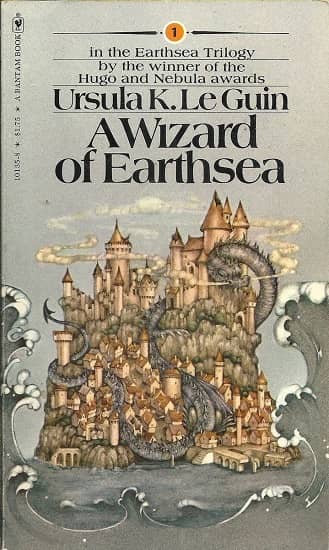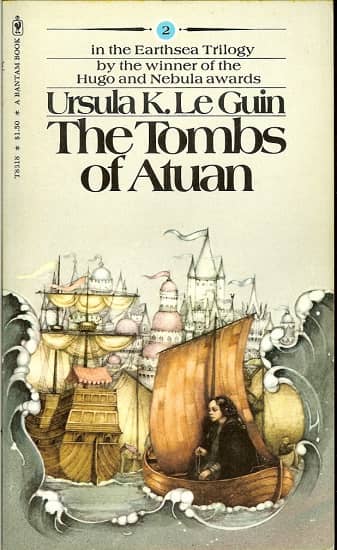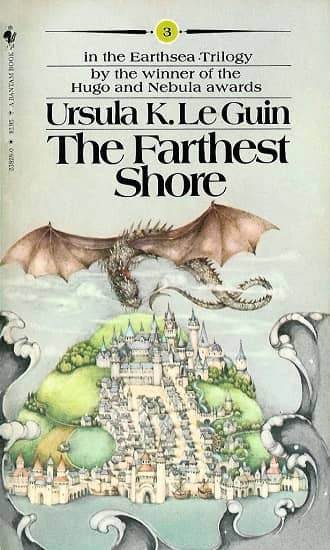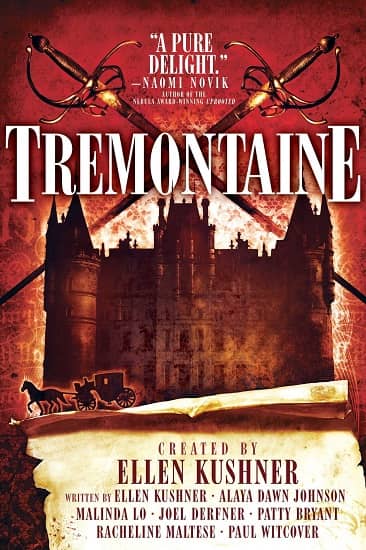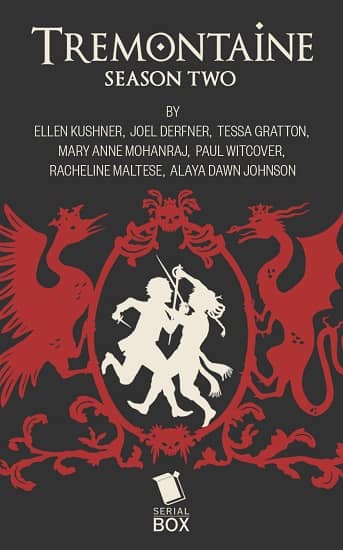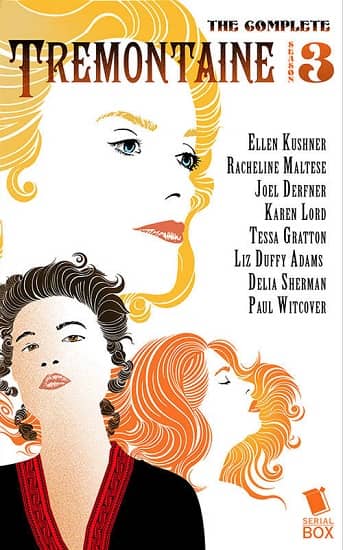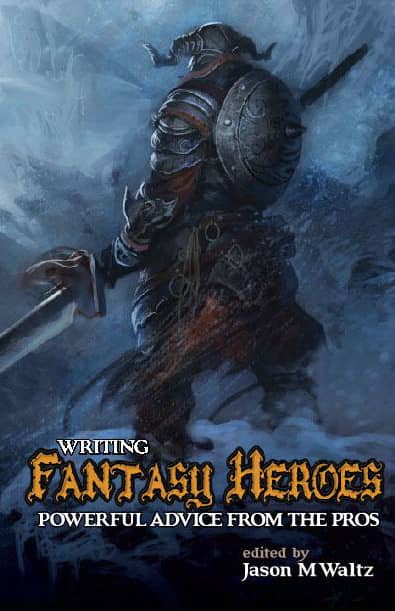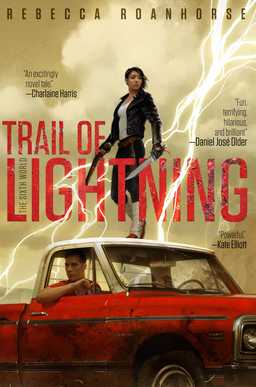DMR Books is Open to Submissions
I had lunch with the hard-working Dave Ritzlin yesterday, the mastermind behind DMR Books, and he casually mentioned that they are now open to submissions. This is great news for any aspiring writers out there who produce fantasy, horror, and adventure fiction in the tradition of Robert E. Howard, H.P. Lovecraft, and other classic writers of the pulp era. Instead of trying to summarize exactly what Dave’s looking for, here he is in his own words.
Heroic fantasy adventure fiction of the sword-and-sorcery subgenre. Rather than give a detailed explanation of what that means, I’ll just say that if you’re familiar with the books we’ve published, as well as the titles on the following list, you’ll have a good idea of what we want.
- Clark Ashton Smith – Zothique, Xiccarph, Averoigne, Hyperborea, etc.
- Jack Vance – Dying Earth series
- Fritz Leiber – Fafhrd and the Gray Mouser series
- Michael Moorcock – Eternal Champion series (Elric, Hawkmoon, Corum, etc.)
- Robert E. Howard – Conan, Kull, Bran Mak Morn, etc.
- Poul Anderson – The Broken Sword
- A. Merritt – The Ship of Ishtar, Dwellers in the Mirage
What are you waiting for? Start your writing adventure here.


